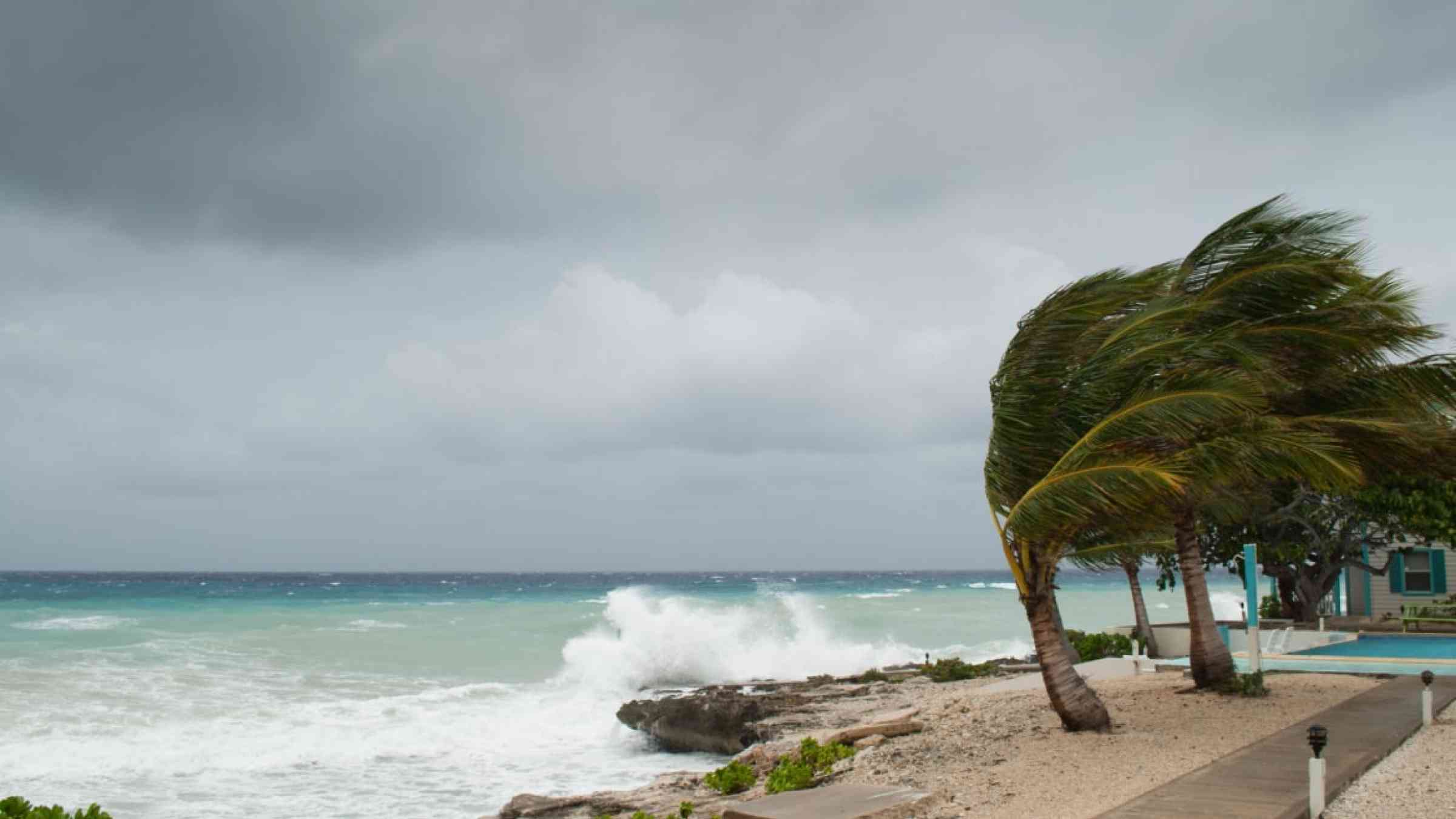
Rowan University climate scientist Dr. Andra Garner last year documented in the journal Scientific Reports that Atlantic Hurricanes, like the current storm Beryl, have developed faster and with greater strength over the past 50 years.
In fact, Garner found that from just 2001 through 2020, hurricane intensification rates were up to 28.7% greater than they were from 1971 through 1990.
An assistant professor of environmental science in Rowan's School of Earth & Environment, Garner reported her findings ("Observed Increases in North Atlantic Tropical Cyclone Peak Intensification Rates") in the journal Nature Scientific Reports, concluding that intensification rates from Atlantic hurricanes have changed in tandem with human-caused greenhouse gas emissions warming the planet and its oceans.
Garner's latest research, "Changes to Tropical Cyclone Trajectories in Southeast Asia under a Warming Climate," documented a similar pattern of fast developing storms also related to climate change. That study used computer modeling to gauge more than 60,000 storms from the 19th century to the end of the 21st century and included variables for greater and lesser amounts of heat-trapping emissions in the atmosphere.
Published July 2 in npj Climate and Atmospheric Science, Garner's new study produced four key findings:
- Poleward shifts in both genesis and peak intensification rates;
- Tropical cyclone (TC) formation and fastest intensification closer to many coastlines;
- Increased likelihoods of TCs moving most slowly over mainland Southeast Asia;
- TC tracks persisting longer over land (and potentially causing greater damage.